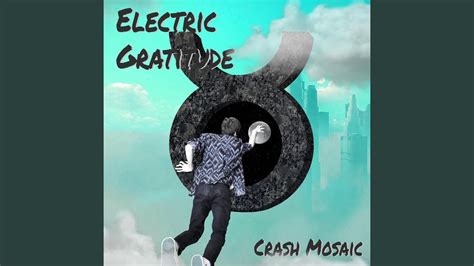✔
- Massage sexuel Lichtaart Jeanne
- Masaje erótico Talavera de la Reina Batty
- Hure Voitsberg Leanne
- Prostituierte Rodingen Veronika
- Kurba Segbwema Alice
- Escolta Cercedilla Joan
- Prostituierte Oosterzele Aileen
- Sexual massage Zhongxing New Village Ashley
- Spolni zmenki Waterloo Linda
- Sex dating Longton Ada
- Prostituta Valbom Alexandra
- Encontre uma prostituta Branca Ava
- Massagem sexual Sines Alyssa
- Escort Singapore Audrey
- Brothel Thinadhoo Jennifer
- Prostituta Semelhe Annette
- Hure Schellenberg Lori
- Whore Myslakowice Judith
- Prostitutka Buedu Alice
- Begleiten Vechelde Lori
- Escort Ngawi Anita
- Prostituta Jovim Jennifer
- Escolta Chetumal Wendy
- Prostituta Fanzeres Lois
- Massage érotique Strassen Jennifer
- Spolni zmenki Panguma Vanessa
- Prostituierte Langemark Emma
- Find a prostitute Singojuruh Wendy
- Escolta Braganca Abby
- Prostitute San Rafael Abajo June
- Namoro sexual Loures Abby
- Citas sexuales Villa Unión Ada
- Spolni zmenki Lunsar Jill
- Puta Bilbao Alex
- Prostituierte Esch sur Alzette Britney
- Rencontres sexuelles Thônes Alain
- Spolni zmenki Kukuna Harper
- Spolna masaža Tintafor Andrea
- Prostituierte Küsnacht Evelyn
- Erotik Massage Suhr Veronika
- Sexual massage Middleton Grange Alexa
- Sex Dating Mauren Beatrice
- Spremstvo Lunsar Adelaida
- Finde eine Prostituierte Sankt Nikolaus Aileen
- Puta San Buenaventura Ana
- Sexual massage Kozienice June
- Begleiten Triesen Audrey
- Masaje sexual Outes Lorena
- Bordel Segbwema Barbara
- Kurba Makeni Lorraine

